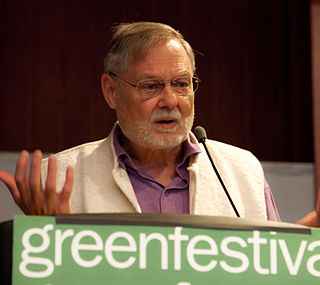A Quote by Elizabeth Stuart Phelps
Out of my discomforts, which were small enough, grew one thing for which I have all my life been grateful, the formation of fixed habits of work.
Related Quotes
Enough! we're tired, my heart and I. We sit beside the headstone thus, And wish that name were carved for us. The moss reprints more tenderly The hard types of the mason's knife, As Heaven's sweet life renews earth's life With which we're tired, my heart and I .... In this abundant earth no doubt Is little room for things worn out: Disdain them, break them, throw them by! And if before the days grew rough We once were loved, used, - well enough, I think, we've fared, my heart and I.
What then is truth? A movable host of metaphors, metonymies, and anthropomorphisms: in short, a sum of human relations which have been poetically and rhetorically intensified, transferred, and embellished, and which, after long usage, seem to a people to be fixed, canonical, and binding. Truths are illusions which we have forgotten are illusions — they are metaphors that have become worn out and have been drained of sensuous force.
. . . for until that God who rules all the region of the sky . . . has freed you from the fetters of your body, you cannot gain admission here. Men were created with the understanding that they were to look after that sphere called Earth, which you see in the middle of the temple. Minds have been given to them out of the eternal fires you call fixed stars and planets, those spherical solids which, quickened with divine minds, journey through their circuits and orbits with amazing speed.
When a person's primary objective is to maximize material pleasures while minimizing discomforts, then life becomes a constant process of "pushing" (trying to push away from discomforts) and "grabbing" (trying to acquire or hold on to that which gives pleasure). With the loss of inner balance that accompanies a habitual "pushing and grabbing" approach to life, a deeper pain ensues-that of becoming aware of the ultimate unsatisfactoriness of the pleasure-seeking/pain-avoiding process itself.
In the Leach Pottery we did most of our work on the wheel. [Bernard] Leach did a little work in the studio, which was press-molded forms, plastic clay pressed into plaster forms to make small rectangular boxes and some vase forms, which he liked to make. These were molds which had been made to an original that he had modeled in solid clay, and during our work there, sometimes I would be pressing these forms as a means of production.




































